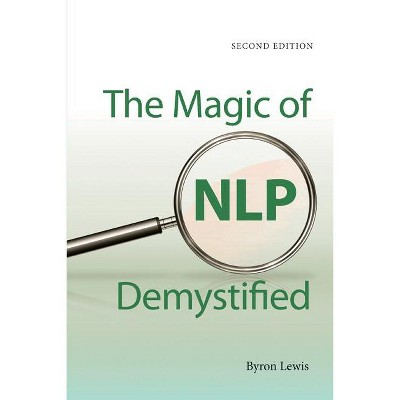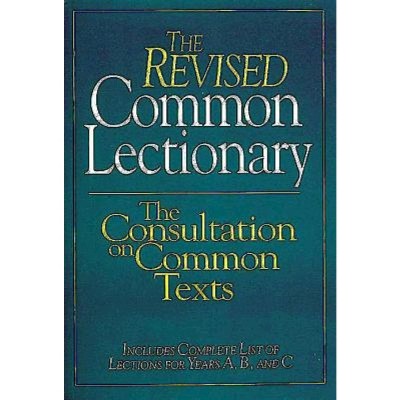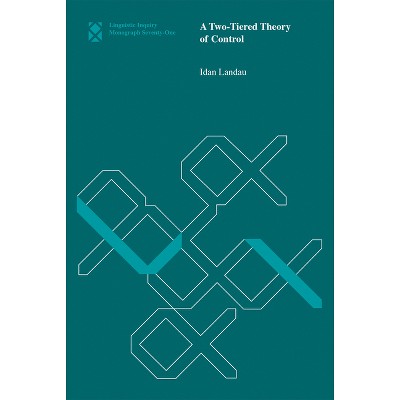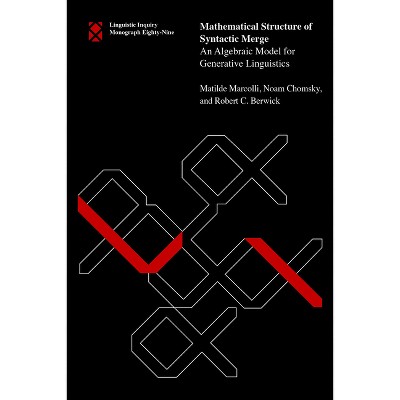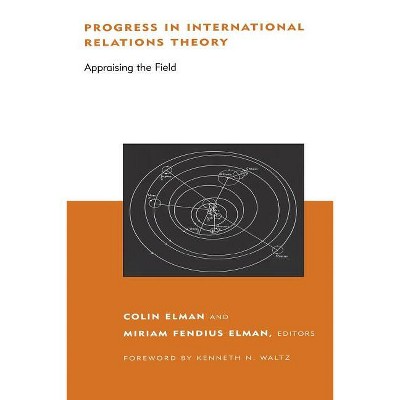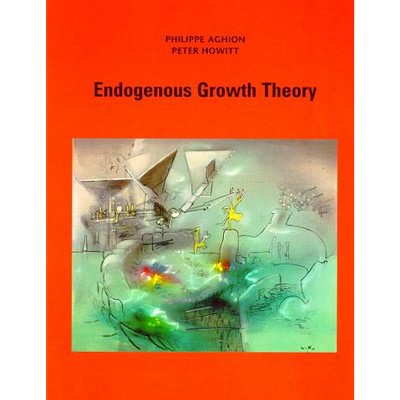Sponsored

Where Does Binding Theory Apply? - (Linguistic Inquiry Monographs) by David Lebeaux (Paperback)
In Stock
Sponsored
About this item
Highlights
- An exploration of the architecture of the grammar, where conditions apply, and the nature of the lexical/functional split.This concise but wide-ranging monograph examines where the conditions of binding theory apply and in doing so considers the nature of phrase structure (in particular how case and theta roles apply) and the nature of the lexical/functional split.
- About the Author: David Lebeaux is an independent researcher who specializes in syntax and the syntactic elements of language acquisition.
- 99 Pages
- Language + Art + Disciplines, Language Arts
- Series Name: Linguistic Inquiry Monographs
Description
About the Book
An exploration of the architecture of the grammar, where conditions apply, and the nature of the lexical/functional split.Book Synopsis
An exploration of the architecture of the grammar, where conditions apply, and the nature of the lexical/functional split.
This concise but wide-ranging monograph examines where the conditions of binding theory apply and in doing so considers the nature of phrase structure (in particular how case and theta roles apply) and the nature of the lexical/functional split. David Lebeaux begins with a revised formulation of binding theory. He reexamines Chomsky's conjecture that all conditions apply at the interfaces, in particular LF (or Logical Form), and argues instead that all negative conditions, in particular Condition C, apply continuously throughout the derivation. Lebeaux draws a distinction between positive and negative conditions, which have different privileges of occurrence according to the architecture of the grammar. Negative conditions, he finds, apply homogeneously throughout the derivation; positive conditions apply solely at LF. A hole in Condition C then forces a reconsideration of the whole architecture of the grammar. He finds that case and theta representations are split apart and are only fused at later points in the derivation, after movement has applied. Lebeaux's exploration of the relationship between case and theta theory reveals a relationship of greater subtlety and importance than is generally assumed. His arguments should interest syntacticians and those curious about the foundations of grammar.
Review Quotes
"David Lebeaux's proposals on the binding theory over the last ten years have had profound effects on the development of syntax. In this monograph, he examines the architecture of syntactic theory, based on those proposals, and argues for separate structures for thematic and Case representations, presenting a variety of independent evidence ranging from very early child grammar to idiom interpretation. This monograph should be among the standard references for syntax as it presents an original framework that forms a sound basis for any future research on the binding theory."--Mamoru Saito, Professor of Linguistics, Nanzan University and Distinguished Visitor, University of Connecticut
"This long-awaited book by David Lebeaux is highly recommended to those who pursue tight, albeit indirect, connections between empirical paradigms and theorizing at the most foundational level. His proposal on the theta subtree and the Case frame points to a new direction of research on cross-linguistic variations."--Hajime Hoji, Department of Linguistics, University of Southern California
About the Author
David Lebeaux is an independent researcher who specializes in syntax and the syntactic elements of language acquisition. He has held positions at Princeton University, the NEC Research Institute, and the University of Maryland, among other institutions, and is the author of Language Acquisition and the Form of the Grammar.
Shipping details
Return details
Trending Non-Fiction




